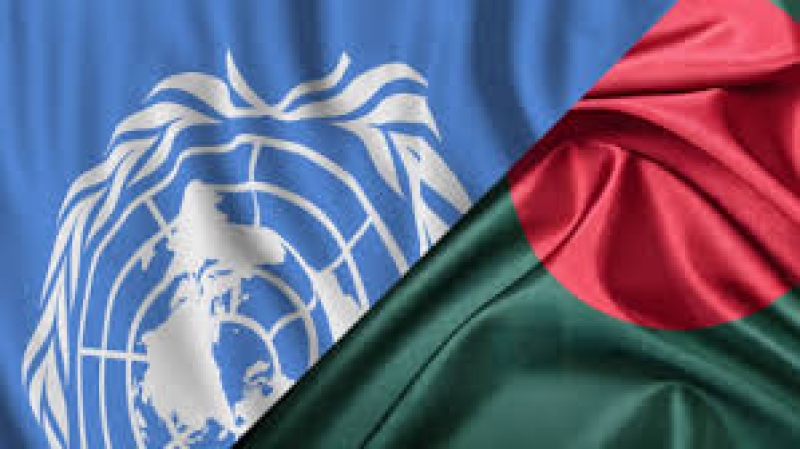- Hurricane Melissa displaces thousands across Caribbean |
- Trump’s Nuclear Test Directive Sparks Global Alarm |
- Bangladesh Lost $24B in 2024 as Extreme Heat Hits Economy |
- Remittance Surpasses $10b in Four Months of FY 2025-26 |
- Dhaka residents struggling with ‘unhealthy’ air quality |
Bangladesh joins first UN biodiversity convention session

Bangladesh participated in the first-ever meeting of the Subsidiary Body on Article 8(j) and Related Provisions (SB8j-1) under the UN Convention on Biological Diversity (CBD), held from October 27 to 30 in Panama City.
The meeting marked a historic step to formally recognize the rights of Indigenous Peoples and local communities (IPLCs) to access and share benefits from biodiversity and its genetic resources.
The discussions carry special significance for Bangladesh. Communities in the Chittagong Hill Tracts, coastal belts, haor wetlands, and rural areas have preserved rich biodiversity knowledge for generations, though much of it remains absent from national strategies and policies.
During the meeting, delegates adopted six key recommendations to COP17, including the process to review the glossary of terms and provide advice on traditional knowledge for the progress report on implementing the Global Biodiversity Framework. Other recommendations covered operational modalities, legal and policy frameworks, and guidelines for IPLC participation in spatial planning, protected areas, and restoration projects.
Observers called the Panama meeting a milestone in global biodiversity governance, stressing that biodiversity, culture, and equity are inseparable. The adopted recommendations will now be forwarded to CBD COP17, scheduled for October 2026 in Yerevan, Armenia, for approval.
Dr Md Saifur Rahman, joint secretary (Environment-2), Ministry of Environment, who represented Bangladesh in this biodiversity talks said, “This meeting is a historic recognition of the rights of Indigenous and local communities over biodiversity and its benefits.” He added, “Discussions on finance, governance, and traditional knowledge will now move to COP17 for approval. This is a major step forward for local communities worldwide.”
The summit also officially transformed Article 8(j) from an ad hoc working group into a permanent subsidiary body, creating the first standing mechanism within a global convention dedicated to Indigenous and local knowledge systems. Delegates discussed integrating traditional knowledge into conservation and enhancing community participation in biodiversity protection and ecosystem restoration, reports UNB.
Sohanur Rahman, executive coordinator of YouthNet Global, said the Panama meeting is a landmark for Indigenous and local communities globally. “For the first time, their knowledge, culture, and stewardship are being recognized as central to biodiversity conservation.”
“This is a significant step toward inclusive and just environmental governance. We look forward to seeing these commitments advance at COP17,” he added.

